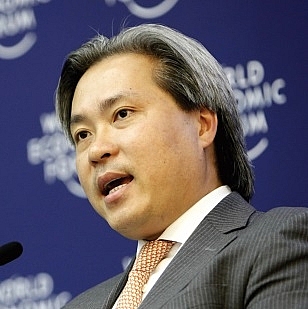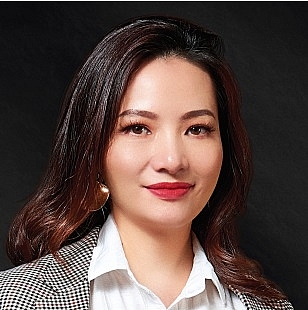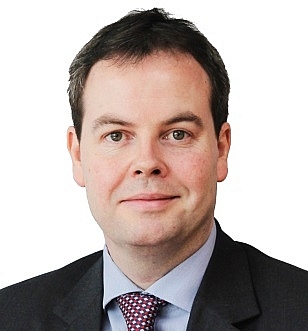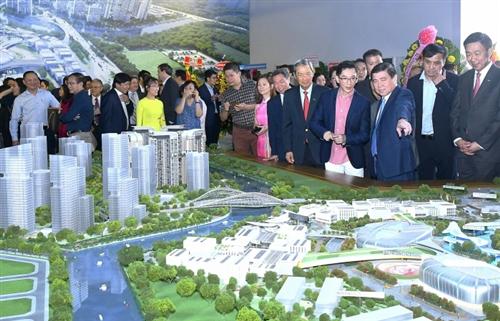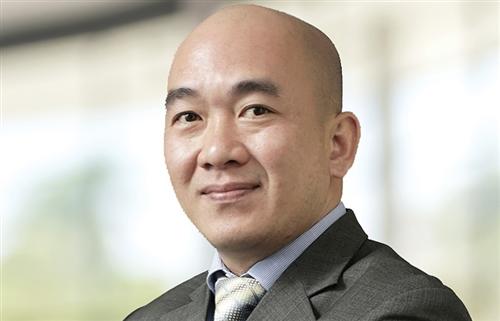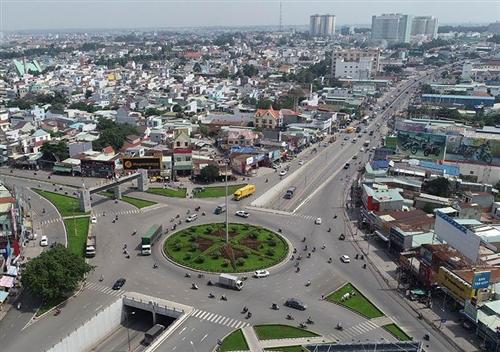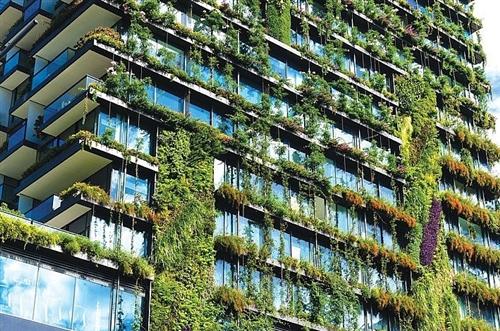A vaccine for real estate amid challenging times
A vaccine for real estate amid challenging times
The Vietnamese real estate market has been feeling the pinch, but it can make a swift recovery when the pandemic is brought under control with support policies from the government and promotional campaigns from developers.
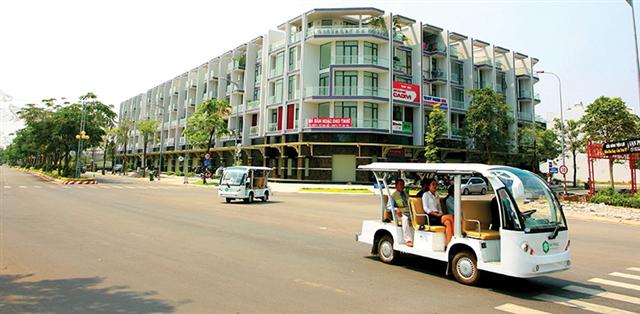
Local real estate developers are longing for the end of the pandemic to sell their newest projects Photo: Le Toan
|
In the context of the economic challenges caused by COVID-19, real estate market is also struggling. In order to successfully sell products, many developers are applying online purchasing methods and IT applications.
Vinhomes JSC is one of the developers who have launched an online real estate trading floor connecting investors and homebuyers via smartphones. With the motto “Stay home – Buy home”, this online trading floor provides homebuyers with information on property location, planning, and promotions.
CenGroup, meanwhile, is selling its products via livestream and the Cenhomes technology database, where homebuyers receive updates on a project’s progress and all related information without having to visit in person.
Many other developers are actively promoting their projects on social media. Tran Anh Group is using YouTube to sell its products through various promotions. For example, homebuyers can now sign a home-purchase contract having paid 15 per cent of the property’s value. Normally, the required percentage is 30 per cent.
Dai Phuc Land is offering homebuyers to sign a purchasing contract after paying 25 per cent of the total value, down from the previous 30 per cent. Homebuyers are also allowed to pay the remainder over 24 months instead of adhering to the project’s schedule.
Many real estate leaders said that the most important thing for their companies now is how to survive and overcome the pandemic, and then resume operations as fast as possible. To this end, a number of developers have frozen their activities, restructured human resources, and cut unnecessary costs.
In another side of the coin, economist Nguyen Dinh Anh expected that the price of real estate will recover and even increase after the epidemic is controlled. “With a large, growing population and the government’s open policy for foreign buyers, the demand for housing in Vietnam should rise in the future,” Anh said.
Anh added that the pandemic is something of a “natural thermometer” to reward and give opportunities to businesses which are strong enough to survive. “Consumption will mainly focus on projects owned by prestige investors, whose properties will increase in value. When the crisis is over, there is sure to be a limited supply of prestige projects,” Anh said.
Nguyen Huong, CEO of Dai Phuc Land, claimed that the ongoing health emergency will prove to be a short-term problem, whereas the demand for housing will be long lasting. This would explain the market’s recent downturn, but it will soon rally and come back even stronger when the worst is over.
Meanwhile, Le Hoang Chau, chairman of the Ho Chi Minh City Real Estate Association, said that COVID-19 is a test for the economy, living environment, and healthcare services. “All of the factors will have a big impact on investment decisions,” he said.
“As more foreigners becoming involved in Vietnam’s property market, more than five million overseas Vietnamese provide remittance of approximately $16-17 billion a year. With this in mind, it is clear that the market remains very attractive,” Chau added.
|
Don Lam - Co-founder and CEO, VinaCapital
Some real estate development projects in Vietnam are being held up by challenging legacy issues, but we believe that the development of many other projects that are not encumbered by such intractable issues should be allowed to progress right away. The framework that we propose to unfreeze Vietnam’s real estate development market is akin to the so-called “good bank, bad bank” approach that regulators around the world usually take to bail out their banking systems when there is an non-performing loan crisis. Before the pandemic outbreak, the pent-up demand of middle-class homebuyers, coupled with the dearth of new projects, led to a situation in which newly-launched units were typically receiving multiple bids on each unit for sale. In our opinion, that is a clear signal that more units need to be developed and launched for sale. Residential real estate prices in Vietnam’s major cities have only dropped about 5-10 per cent this year, which is considerably less than many cities around the world. This also reinforces our view that there is significant undersupply of housing for emerging middle-class consumers in Vietnam. Duong Thuy Dung - Senior director, CBRE Vietnam
The longer it takes for the pandemic to be contained, the more it will impact the demand from end-users, investors, and foreign buyers. With the temporary suspension of all international flights, many non-nationals will not be able to invest in the Vietnamese property market during this difficult period. Buy-to-let investors are also being affected by flight and travel restrictions nationwide. End-users will struggle to get financing as interest rates are unstable and banks may apply a stricter credit approval process with proof of income and repayment methods. Key trends which will characterise the Vietnamese property market in the coming months are omnichannels, flexible working spaces, and properties with the sustainability and wellness features. The outbreak will force companies to reassess business continuity planning, particularly the need to maintain back up locations for critical business functions and essential employees. Apart from that, data is likely to take on a more prominent role should companies decide to allow employees to work from home more regularly. This would drive cloud storage demand and data usage, boosting data centre fundamentals. Stephen Wyatt - Country head, JLL Vietnam
The investment thesis and key fundamentals for Vietnam remain positive although some investors might be hesitant on their investment decisions. Domestic and foreign investors continue to look for opportunities, particularly in the industrial, office, and residential sectors. The country’s rapid response and effective handling of the coronavirus crisis will undoubtedly elevate Vietnam to a new level and we expect to see investment volumes pick up once travel restrictions are lifted. Hanoi and Ho Chi Minh City are two key cities which are preferred by international and domestic developers, especially in housing development, based on their high development potential and efficiency compared to those in Thailand and Singapore. Amid the virus outbreak, a number of projects reported delays in construction and launches. However, this is subject to great uncertainty, depending on how long the current situation will last. |


